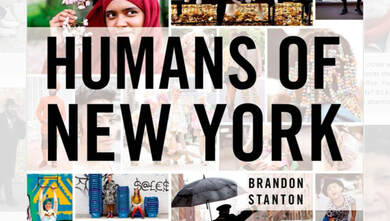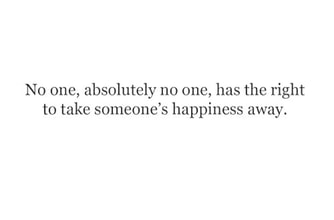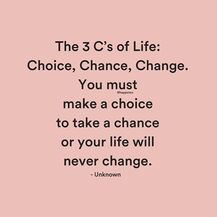How plugged in are you...REALLY?Are you looking at your phone because you need to or are you looking at your phone out of habit?
71% of internet users are plugged into social media and we check our phones 150 times per day. If you’re interested in seeing how much you pick up your phone, iPhone tracks it automatically and you can view this by going to "Screen Time" in your settings. |
Social Media and the link between Depression and AnxietyMental space is precious, with all that we have to keep at the forefront of our minds from school and work schedules alone, we don’t really give our mind a break – consider the importance of really knowing that your friend from jr. high who you haven’t seen in person or had a conversation with in 8 years is now engaged and just got a puppy. Is it really worth the mental space and energy to take in and process and store that information?
|
RelationshipsSocial media has permeated our daily communication with family, friends, partners, colleagues. While we have the ability to communicate at the drop of a hat, and our devices can connect us with people all over the world 24/7 It is negatively impacting our relationships by decreasing the QUALITY of inter-personal communication.
Have you ever suffered from phantom vibration syndrome? This is the perception that one's mobile phone is vibrating or ringing when it is not ringing. |
SleepCommonly, after we set or turn off the alarm app, we also quickly check Facebook, then see how many likes that Instagram post got and maybe even look at the Snapchat our buddy sent at two in the morning.
The blue light emitted from your smartphone will suppress your melatonin. Humans are solar powered in many ways. The biological clock is set every morning by the morning light. When darkness falls, the body begins to release melatonin, which is a chemical the body produces to anticipate the onset of sleep. This means while playing Candy Crush or swiping Tinder before bed, the body’s biological clock is being pushed farther and farther back into the night, which makes it even harder to get up in the morning. |
Take some time to scroll through this presentation on Social Media and Social Consequences
|
Scrolling through our social media feeds feels like a harmless part of our daily lives. But is it actually as harmless at seems? According to social media expert Bailey Parnell, our growing and unchecked obsession with social media has unintended long term consequences on our mental health. As social media continues to become part of the fabric of modern life – the “digital layer” – abstinence is becoming less of an option. Bailey Parnell was recently named one of Canada's Top 100 Most Powerful Women. She is an award-winning digital marketer, public speaker and businesswoman with a talent for helping people tell better stories. Her work and expertise have been featured on CBC, CTV & in other local Toronto media. |
Social media has been described as more addictive than cigarettes and alcohol and is now so entrenched in the lives of young people that it is no longer possible to ignore it when talking about young people’s mental health issues. - Shirley Cramer CBE, the chief executive of the Royal Society for Public Health |
Proudly powered by Weebly








